Baudrillard hyperreality
description: a concept in sociology and philosophy that describes a reality generated by simulations
17 results
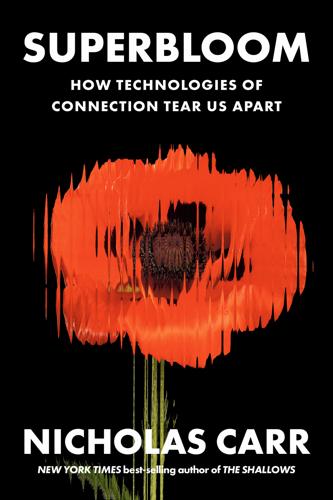
Superbloom: How Technologies of Connection Tear Us Apart
by
Nicholas Carr
Published 28 Jan 2025
Like “an omniscient, omnipresent god,” writes one reporter, “the algorithm has figured out your every interest and hobby, every thought you’ve ever had.”11 In TikTok’s design, we see the rat’s lever perfected. The real world can’t compete. Compared with the programmed delights of the virtual, it feels dull, slow, and, poignantly enough, lifeless. By filling every moment with novelty and exaggerating every psychic sensation, the hyperreal, as Baudrillard argued, comes to feel more real than the real. “It is the excess of reality that puts an end to reality.”12 The video-game designer Jane McGonigal, anticipating Andreessen’s case for virtual reality’s superiority, argued in her 2011 book, Reality Is Broken, that when we choose a virtual existence over a material one, we are acting rationally and in our best interest: The real world just doesn’t offer up as easily the carefully designed pleasures, the thrilling challenges, and the powerful social bonding afforded by virtual environments.
…
To argue for a more material and less virtual existence is not to make a case for materialism alone. As the ambitions of Andreessen, Zuckerberg, and the other evangelists of virtual reality make clear, it’s virtuality that reduces all concerns to the materialistic. Hyperreality is all surface and no depth. Beyond the simulation lies nothing at all, as Baudrillard saw. Any attempt to transcend reality, intellectually, artistically, or spiritually, has to begin from within reality, bounded by constraints of time and space. You can only get beyond the material by going through the material, by suffering and surmounting its frictions.
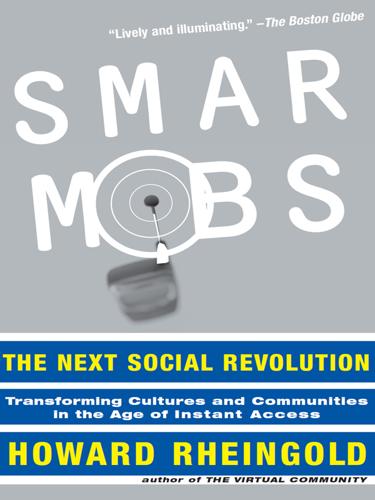
Smart Mobs: The Next Social Revolution
by
Howard Rheingold
Published 24 Dec 2011
In the 2000 edition of The Virtual Community, I discussed the “Frankfurt School” philosophers Adorno and Horkheimer who saw mass media as a weapon of psychological manipulation of the consumer by a culture industry that eats everything authentic, privatizes everything public, and feeds it back to people as pay-as-you-go fables.38 An even more extreme position was taken by Jean Baudrillard, whose descriptions of the “hyperreal” portray a world in which everyone is so mesmerized that they have forgotten that their environment is no longer real.39 Hyperreal media, Baudrillard proposed, are the ultimate refinement of capitalism, generating desire for consumption simply by manipulating the simulation of the moment. Selling people beliefs, hopes, and distractions generates profits at the same time it pacifies and neutralizes possible resistance from consumers. There are only a few necessities of life to turn into products, but an infinity of symbols, and a pacified population of symbol-consumers, in hyperreality. It’s hard not to think of Baudrillard in Times Square or Shibuya Crossing, or driving through any suburb in the world at night, the curtains of every house lit by the blue glow of cathode tubes.
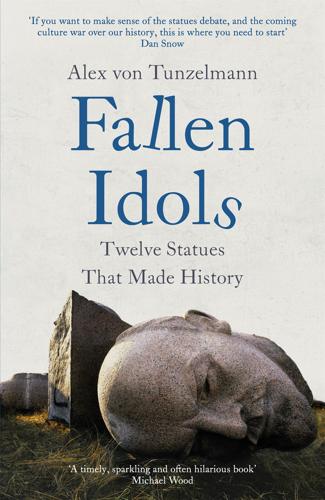
Fallen Idols: Twelve Statues That Made History
by
Alex von Tunzelmann
Published 7 Jul 2021
It was war ‘stripped of its passions, its phantasms, its finery, its veils, its violence, its images: war stripped bare by its technicians even, and then reclothed by them with all the artifices of electronics, as though with a second skin.’8 The hyperreality of the Gulf War that Baudrillard described caught the imaginations of writers, artists and filmmakers. It looked ever more prescient as the internet began to connect the world. Excitement and anxieties about real versus virtual experiences grew. A hyperreal war was played out in the 1997 political comedy film Wag the Dog (loosely based on a 1993 novel), in which an American president creates a fictional war abroad to distract from a sex scandal at home. Hyperreality was the basis of action sci-fi blockbuster The Matrix (1999). The character Morpheus is quoting Baudrillard when he says: ‘Welcome to the desert of the real.’
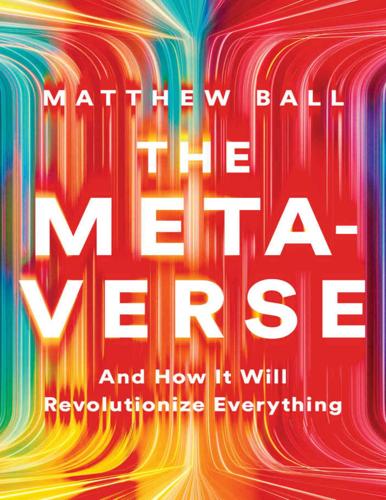
The Metaverse: And How It Will Revolutionize Everything
by
Matthew Ball
Published 18 Jul 2022
Yet there is no reason to assume that such an outcome is inevitable, or even likely, for the actual Metaverse. A perfect society tends not to make for much human drama, and human drama is the root of most fiction. As a point of contrast, we can consider the French philosopher and cultural theorist Jean Baudrillard, who coined the term “hyperreality” in 1981 and whose works are often linked to those of Gibson, and those Gibson influenced.‡ Baudrillard described hyperreality as a state in which reality and simulations were so seamlessly integrated that they were indistinguishable. Though many find this idea frightening, Baudrillard argued that what mattered was where individuals would derive more meaning and value—and speculated it would be in the simulated world.5 The idea of the Metaverse is also inseparable from the ideas of the Memex, but where Bush imagined an infinite series of documents linked together via words, Stephenson and others conceived infinitely interconnected worlds.
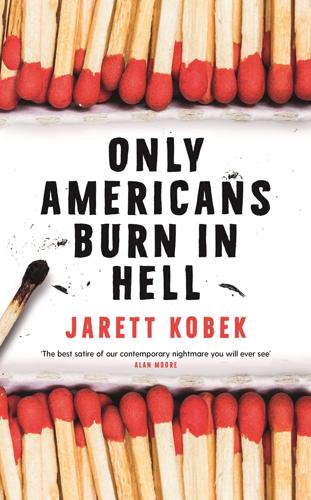
Only Americans Burn in Hell
by
Jarett Kobek
Published 10 Apr 2019
Sometimes they expressed this pretense in unreadable texts called master’s theses and doctoral dissertations. One of Baudrillard’s ideas was very popular. He’d theorized that there would be a moment when reality collapsed into fiction, at which point it would then be impossible to distinguish the fake from the actual. He called this the Hyperreal. But what neither Baudrillard nor his readers could ever locate was the exact moment when the Hyperreal would replace the real. It was a mystery, floating-point arithmetic without any definitive beginning. But then it happened. On November 8/9th, 2016 AD, while I was asleep in London’s Little Venice, passed out in someone’s former childhood bedroom above Blomfield Road, the real became Hyperreal.
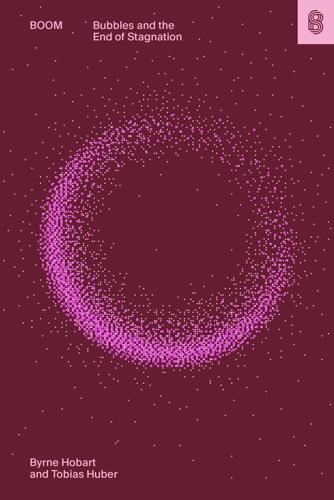
Boom: Bubbles and the End of Stagnation
by
Byrne Hobart
and
Tobias Huber
Published 29 Oct 2024
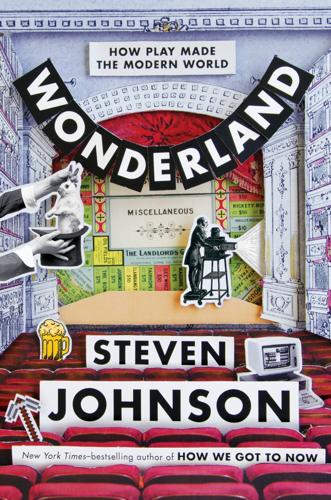
Wonderland: How Play Made the Modern World
by
Steven Johnson
Published 15 Nov 2016
(In the United States alone, amusement parks generate more than $50 billion in economic activity each year.) But these fantasylands turned out to have philosophical implications as well. A rich tradition of continental philosophy emerged in the 1970s—most famously Umberto Eco’s Travels in Hyperreality and Jean Baudrillard’s Simulacra and Simulation—decrying the illusory artifice of modern culture, all the theme restaurants and megamalls and old downtowns converted into spectacles of consumption. “Disneyland is presented as imaginary in order to make us believe that the rest is real,” Baudrillard famously announced in Simulacra and Simulation, “whereas all of Los Angeles and the America that surrounds it are no longer real, but belong to the hyperreal order and to the order of simulation.”
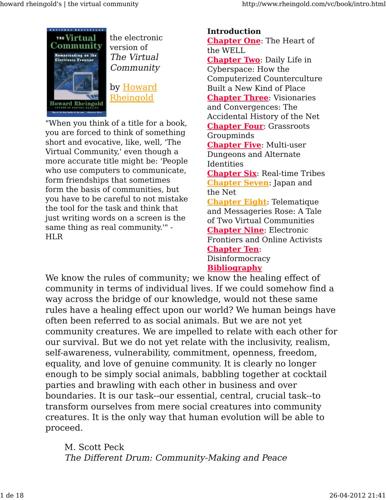
Howard Rheingold
by
The Virtual Community Homesteading on the Electronic Frontier-Perseus Books (1993)
Published 26 Apr 2012
If electronic democracy is to succeed, however, in the face of all the obstacles, activists must do more than avoid mistakes. Those who would use computer networks as political tools must go forward and actively apply their theories to more and different kinds of communities. If there is a last good hope, a bulwark against the hyper-reality of Baudrillard or Forster, it will come from a new way of looking at technology. Instead of falling under the spell of a sales pitch, or rejecting new technologies as instruments of illusion, we need to look closely at new technologies and ask how they can help build stronger, more humane communities--and ask how they might be obstacles to that goal.
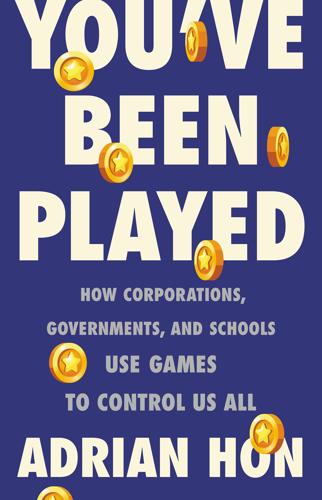
You've Been Played: How Corporations, Governments, and Schools Use Games to Control Us All
by
Adrian Hon
Published 14 Sep 2022
Andrea Phillips, our designer based in New York, got the ball rolling, only for our order to be rejected: M&M’s had looked up Ceretin online and it was clearly a trademark of a company called Cognivia. Cue Andrea patiently explaining ARGs to an M&M’s customer service representative. This confusion is emblematic of hyperreality, an idea coined by Jean Baudrillard.11 It’s what happens when a simulation of reality becomes blended with reality itself, where the simulation is sufficiently realistic that it becomes indistinguishable from reality, where it’s experienced as more real than the real. Hyperreality manifests in theme parks, TV shows, virtual reality, and lately, social networking apps.
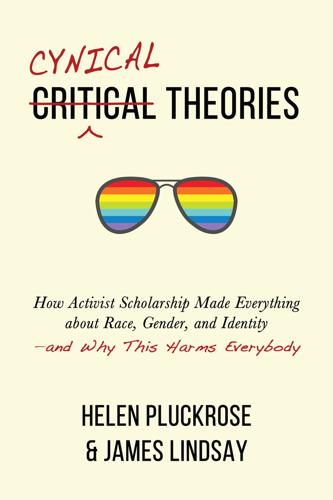
Cynical Theories: How Activist Scholarship Made Everything About Race, Gender, and Identity―and Why This Harms Everybody
by
Helen Pluckrose
and
James A. Lindsay
Published 14 Jul 2020
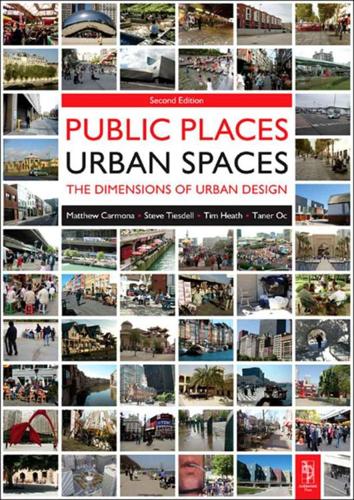
Public Places, Urban Spaces: The Dimensions of Urban Design
by
Matthew Carmona
,
Tim Heath
,
Steve Tiesdell
and
Taner Oc
Published 15 Feb 2010
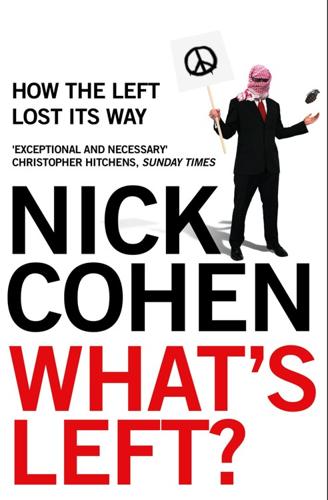
What's Left?: How Liberals Lost Their Way
by
Nick Cohen
Published 15 Jul 2015
It had brainwashed US citizens – although not, once again, French philosophers – into believing that lies were true and the truth was a lie. ‘Disneyland is presented as imaginary in order to make us believe that the rest is real,’ he declared. ‘When in fact all of Los Angeles and America surrounding it are no longer real, but of the order of the hyperreal and of simulation.’ It goes without saying that Monsieur Baudrillard didn’t talk to the citizens of Los Angeles and produce evidence that Disneyland was more real to them than their work, loves, sicknesses and pleasures. America wasn’t the world’s oldest democratic country with virtues as well as vices, but an arid nightmare – the ‘desert of the real’.

Mysteries of the Mall: And Other Essays
by
Witold Rybczynski
Published 7 Sep 2015
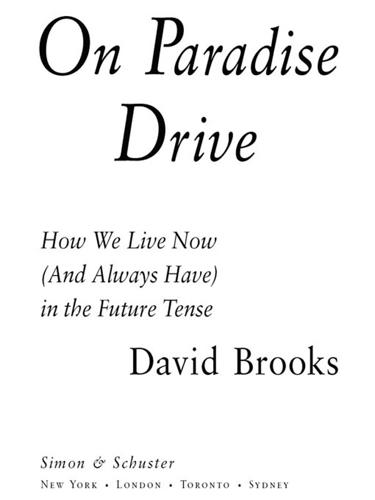
On Paradise Drive: How We Live Now (And Always Have) in the Future Tense
by
David Brooks
Published 2 Jun 2004
“Please,” he insists, “take me to your Elvis impersonators.” The French writer, you see, is on safari for puerile paradoxes. He wants to explore the meaning of vapidity, the exquisite sadness of glitter, and the penetrating tranquility of violence. He wants to head straight for the hyper-reality, for Vegas, for Orlando. The quintessential French love letter to the U.S. is Jean Baudrillard’s 1986 book, America. It is of course a brilliant book. That is to say, the subject of the book is Baudrillard’s brilliance. There are scenes of Baudrillard being brilliant in Utah, being brilliant in Los Angeles, being brilliant in New York. America has only a minor supporting role.
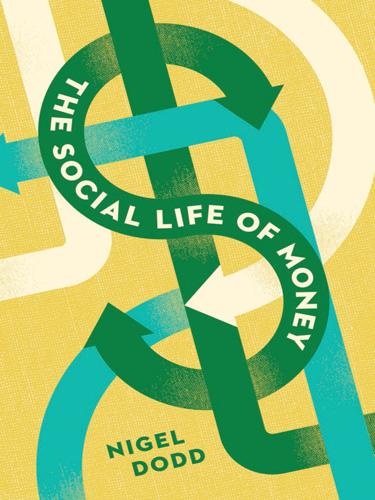
The Social Life of Money
by
Nigel Dodd
Published 14 May 2014
In the fractal stage of value that he describes, signs are arranged in haphazard and arbitrary fashion, and they mutate through contact. In Baudrillard’s terms, inflation does not make money less valuable and therefore less “real.” Rather, it makes money more real; that is to say, money is hyperreal. Couched in these terms, it is intriguing to consider Baudrillard’s argument in light of the notion of capitalist “realism” recently advanced by Mark Fisher. According to Fisher, neoliberalism produced a form of reality closure in which its major actors and institutions articulate a single version of capitalism’s reality and a definite, inexorable, vision of its future.
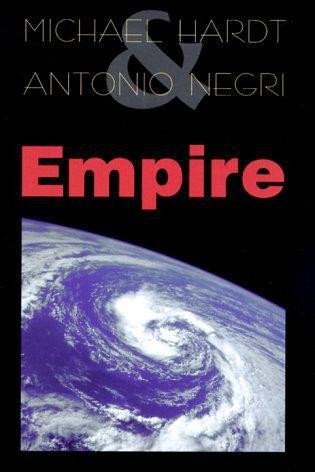
Empire
by
Michael Hardt
and
Antonio Negri
Published 9 Mar 2000
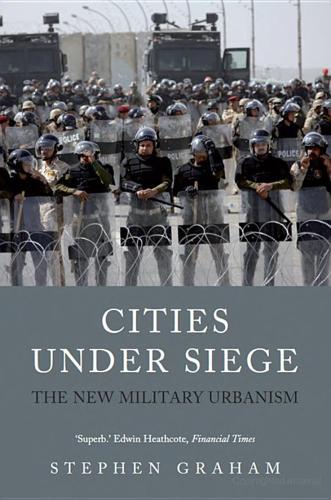
Cities Under Siege: The New Military Urbanism
by
Stephen Graham
Published 30 Oct 2009